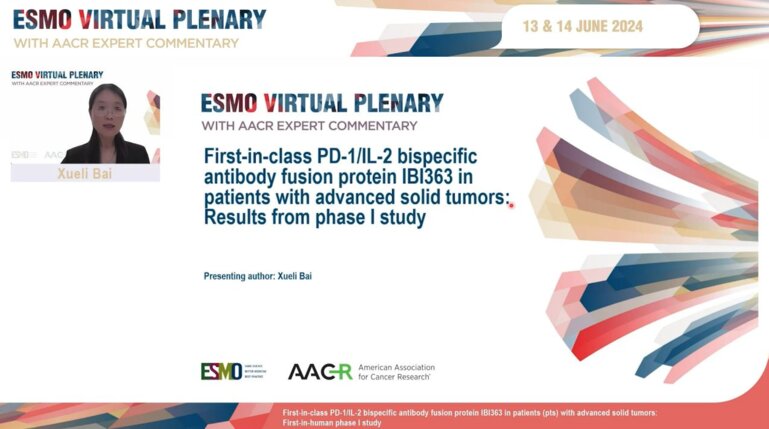
Novel ALK-selective TKIs show early efficacy in advanced NSCLC with rare mutations
Further studies are needed to understand the position of the fourth-generation agents NVL-520 and NVL-655 in the treatment paradigm of mutated lung cancer

Further studies are needed to understand the position of the fourth-generation agents NVL-520 and NVL-655 in the treatment paradigm of mutated lung cancer

Longer duration of efficacy reported for encorafenib plus binimetinib as a treatment for NSCLC harbouring a BRAF V600 mutation

The use of targeted agents in first and subsequent lines of therapy is improving outcomes in patients with mutated lung cancer progressing on standard chemotherapy, but a biomarker- or precision-guided approach is needed

In the MARIPOSA study, a significant improvement in progression-free survival was reported in a subgroup with poor prognostic factors

Safety and efficacy data of a PD-1/IL-2 bispecific antibody fusion protein were presented at an ESMO Virtual Plenary

The tyrosine kinase inhibitor showed to prolong disease-free survival as compared to chemotherapy and clinically meaningful benefit with respect to CNS disease–free survival

Dietary regimens may alter the microbiome composition, increasing bacteria with a beneficial immunogenic effect

A study reports no significant survival benefits with the concurrent treatment with durvalumab in patients with unresectable stage III NSCLC

High rates of adverse events in the experimental setting seem to limit the potential of antibody–drug conjugates for patients with NSCLC

Personalised proteogenomics has the power to transform the identification, staging and management of NSCLC in never smokers
This site uses cookies. Some of these cookies are essential, while others help us improve your experience by providing insights into how the site is being used.
For more detailed information on the cookies we use, please check our Privacy Policy.
Necessary cookies enable core functionality. The website cannot function properly without these cookies, and you can only disable them by changing your browser preferences.